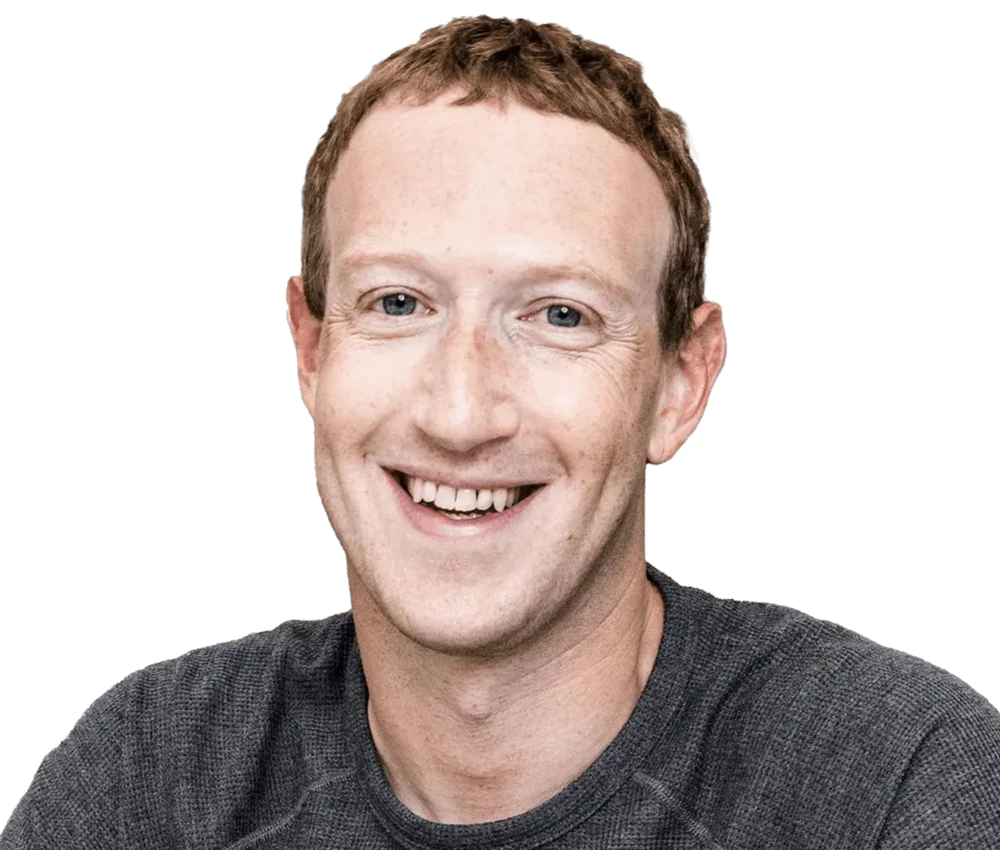The world is big. But to meet each other, one must face the other, and what this means, they may have to travel half way across the globe to make that moment possible.
With the internet, people can socialize with anyone in the world, in a blink of an eye. People can communicate with other people, reaching places thousands of kilometers away, from the comfort of their homes.
All they have to do, is lift their fingers and type or click/tap on something.
But with the metaverse, things are going up a notch.
With it, socializing through the internet is no longer restricted to the width and the height of the screen. With the metaverse, users can utilize more of their senses, and merge into the digital world through virtual reality (VR) and augmented reality (AR).
Meta's CEO and founder Mark Zuckerberg believes that the future of the internet is the metaverse. And to pursue that, he even rebranded Facebook the company to Meta, and said that once his company is a metaverse company, it's no longer a social media company.
But to make that goal possible, Zuckerberg needs all the help he can get.

During the annual Meta Connect conference keynote, where Zuckerberg shared the latest advancements for the metaverse and its technologies, he said that:
When Zuckerberg unveiled his grand plan to help people get into this immersive internet of metaverse by announcing Horizon Worlds, the company's stock fell.
Despite the company managed to create the hype, which fueled other companies to pursue the same goal, the rebranded Facebook stalled.
Zuckerberg's ambition has created polarizing opinions among experts, Web3 builders and investors.
But regardless, Zuckerberg is a a world-class entrepreneur, influential, and sitting on top of huge resources. What this means, he has the capacity to make things happen, whenever ideas spark. Even if he cannot do what he wants do for whatever reason, he can make others do what he wants, or at least help him get there..
The same goes to his metaverse goal.
By putting developers and companies on the same boat with him, Zuckerberg believes that the metaverse is certain.
Zuckerberg's statement answers some speculations that came before it.
Since practically everyone knows that Facebook the company isn't a company that is good at taking care of users' privacy and security, and that it thrives by creating a "walled garden" when it has the utmost control, many feared that Zuckerberg's vision of a metaverse is just a way for him to create another closed ecosystem.
In this case, Meta can collect even more data, like for example, gestures, eye movements and even body movements. All that can be used to tailor an increasingly convincing ads.
But by saying that the metaverse should be open, the CEO took his firmest stance to suggest that people's speculations were wrong.
"As we see this play out, is that in each generation of computing that I've seen so far — PCs, mobile — there's basically an open ecosystem and there's a closed ecosystem. So in PCs, it was Windows and Mac. In mobile, it was Android and iPhone," Zuckerberg said. "In the closed ecosystem, very tightly integrated, relatively insular, a lot of the value basically just flows toward the closed ecosystem over time."
Zuckerberg talked about the history of open and closed ecosystems, and made it clear that Meta values a different approach with the metaverse.
Zuckerberg directly suggested that Meta is not the sole or primary builder of the metaverse.
Since the digital world already knows that Horizon Worlds is riddled with bugs and quality issues that include 18+ content and more, that even Meta's own employees don't like using the platform, Meta is arm-in-arm with creators to embrace this open technology should it help build a better supplement for the real world.